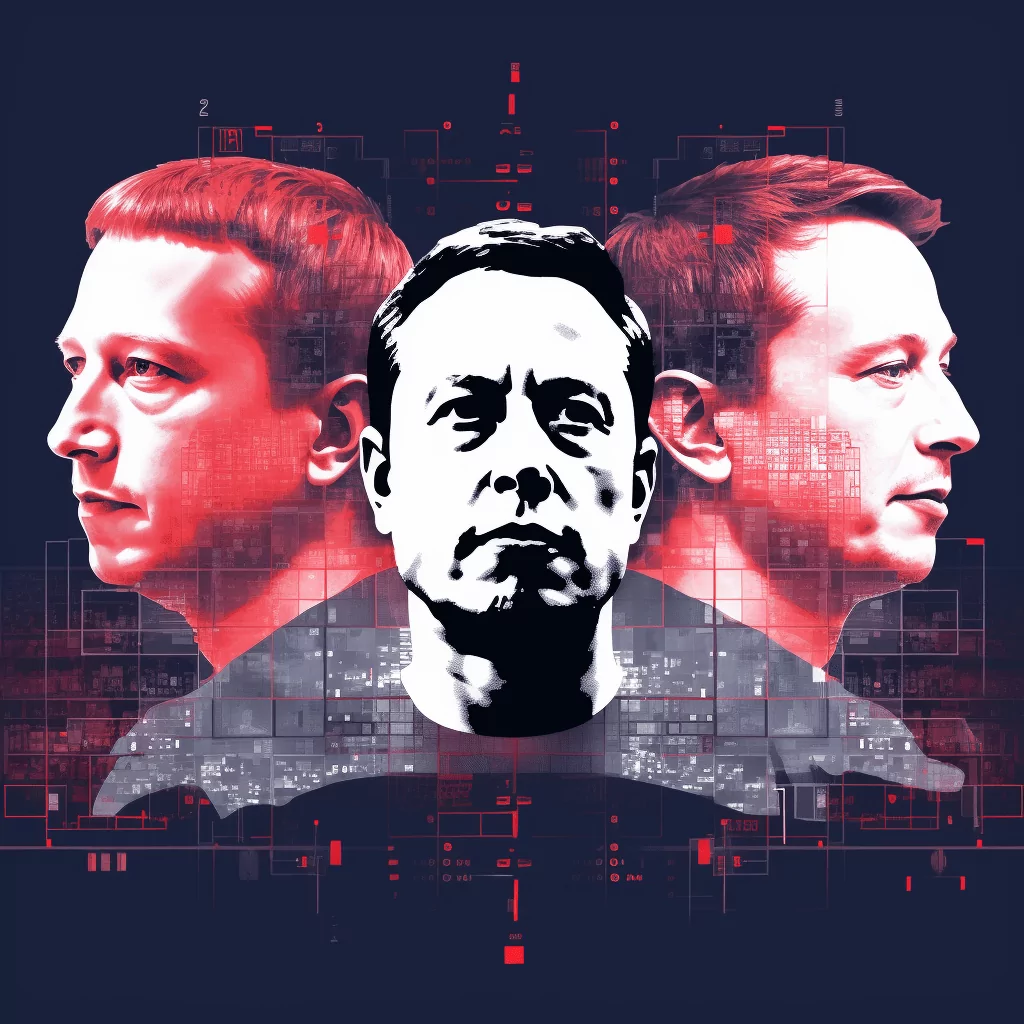Science
Hidden Depths: Thousands of Unknown Viruses Found in the Dragon Hole
16 February 2026

New applications and the advent of innovative platforms are becoming substitutes for reality. No need to venture outside for shopping when a couple of clicks brings everything to your doorstep, or better yet, let your smart refrigerator place the order—after you subscribe, of course. If you do not have an email account, your chances of enrolling in an educational program at a public institution are slim. Our relentless hunger for more and our desire for convenience have empowered Big Tech to grow powerful, wealthy, and paradoxically, transparent in the eyes of the ordinary individual. It is, therefore, prudent to understand who is behind the Silicon Valley enterprises that are upending our daily lives.
In his book “The End of Reality: How Four Billionaires Are Selling Out Our Future,” Jonathan Taplin, a writer and film producer, delves into the biographies of tech industry billionaires, specifically Elon Musk (PayPal; X, formerly Twitter; Tesla), Peter Thiel (PayPal), and Mark Zuckerberg (Facebook, Instagram). These Big Tech moguls indirectly wield control over the data of billions of people, guiding the flow of information, with a single post on popular social media capable of creating a stock market upheaval.
To some, they are courageous and respectable pioneers. To others, they represent an element of an anti-democratic and authoritarian shift in the technological world, focused on preserving the status quo and maintaining their leadership in a monopolized market. After all, as Peter Thiel once said, “Competition is for losers.” Commentators and writers with a more conspiratorial bent go even further, accusing these billionaires of desiring liberation from the centralized banking system, the planet Earth, and perhaps even the clutches of mortality itself.
Conservative thinkers are inclined to perceive tech billionaires as the new rulers of the world, relegating politicians to the role of mere puppets. However, this assertion resonates with considerable, unfounded contempt for the sovereign and the mechanisms of democracy themselves. In fact, the contemporary world more closely resembles a spectacle where economic disparities and societal polarization are deepening, exacerbated by the proliferation of tools designed and overseen from the vicinity of Palo Alto. The alternate reality that captivates these individuals is a realm of technodeterminism, where artificial intelligence and automation are anticipated to undertake the majority of menial tasks soon, rendering redundant workers obsolete in the job market. Yet, there is no certainty whether the vision outlined by technodeterminists will ever materialize in the most favorable form for them.
It is tempting to consider individuals like Thiel, and those akin to him, as villainous geniuses who have thoroughly deciphered the world’s governing principles and are striving to implement their own order. These individuals themselves do not particularly endeavor to warm their public image, as the position of omnipotent and unscrupulous businessmen suits their purposes well.
In one report featured in “The Contrarian” magazine, a snippet of a conversation between Thiel and a friend discusses an unsettling article showcasing his company, Palantir, allegedly engaged in mass-scale surveillance. Upon the article’s publication, Thiel was reported to have said, “I prefer to be seen as evil rather than incompetent.”
The PayPal founder has shown support for a libertarian utopia involving the construction of floating cities in the Atlantic, viewed as a means to evade taxation. He has also expressed interest in life-extending methods, including blood transfusions from younger donors.
In addition to managing their principal businesses, leading tech figures are fervently developing projects intended to drastically alter our existing reality. These initiatives include the launch of the Metaverse, the widespread adoption of cryptocurrencies, endeavors in interplanetary colonization, and a comprehensive exploration of transhumanism. Furthermore, they are investing heavily in artificial intelligence, which is expected to be the catalyst for these sweeping changes.
Taplin posits that these technological giants constitute an existential risk not only in the political and economic realms but most crucially on a moral level. The moral peril arises from the essence of the four projects mentioned above, each representing preliminary steps toward the realization of transhumanism. Advocates of transhumanism argue that through technological and biological advancements, we can significantly prolong human life, facilitate migration to alternative planets, and enable a direct connection between our minds and machines, thus perpetuating our individual consciousness.
Web3, the emergent form of a decentralized internet featuring proprietary rights elements, is touted as the initial stage in humanity’s technological augmentation. Transhumanism envisions a point of fusion between humans and machines, ultimately giving rise to a new hybrid species— the cyborg. Taplin asserts that all these developments have been meticulously orchestrated and enumerated. He elaborates in his book, “The End of Reality: How Four Billionaires Are Selling Out Our Future.”
You may also like:
“Transhumanism foretells a future in which artificial intelligence and robots, deployed by technocrats, will assume the majority of labor, relegating the non-productive populace to their homes. There, they will immerse themselves in the fascinating realms of the Metaverse, reliant on a universal basic income disbursed in cryptocurrency by the government. This income will suffice for their internet charges and virtual engagements. Anyone dismissing this as dystopian fiction should consider a visit to Amazon’s research hub, where they would witness a scant team of five adept personnel proficiently overseeing an army of five thousand robots.”
Ben Burgis, a philosophy professor at Morehouse University, astutely shifts focus to the repercussions of such pessimistic prophesying from commentators like Taplin. He argues that portraying technological billionaires as omnipotent puppet masters only reinforces the formidable image they desire, inadvertently bolstering their political clout.
A more effective approach to this discourse involves highlighting the absurdities in the policies of their corporations and reminding society that no halfway decent community should tolerate the accumulation of such vast wealth in the hands of so few. The real danger posed by individuals like Thiel and others does not stem from the implementation of their doomsday scenarios, but rather from their status as billionaires who frivolously engage in political arenas without accountability for those who could suffer if their plans materialize. The genuine takeaway here is strikingly evident.
Our entanglement in dystopian narratives about evil geniuses from Silicon Valley will persist until we liberate ourselves from these tales and cease to unconditionally accept their promises and cultivated public images. Only then can we escape being captive to their envisioned future.
